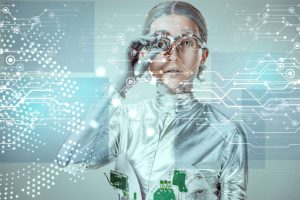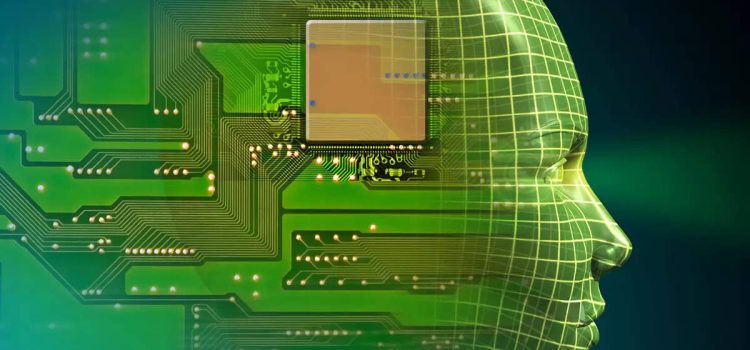
Introduction
AI has recently made notable improvements and impacted the areas of different industries. ChatGPT, an innovative language model designed by OpenAI, is an exceptional achievement in AI. AI models like ChatGPT have immense potential, but their use raises questions about data privacy.
The Power of ChatGPT
ChatGPT is an AI language model that generates natural-sounding text based on the input given. Chatbots are adept at providing instructional services and creating virtual assistants. The countless potentialities are astounding and they might greatly impact the society.
Privacy Concerns in AI Development
The issue of privacy protection becomes a central point, along with the great excitement about these technological wonders. AI models like ChatGPT are built on large datasets that sometimes contain personal information from users. Training this information is utilized to improve AI systems’ performance. Responsible and ethical AI development must prioritize personal data security and user privacy.

Mitigating Privacy Risks
Individuals’ personal information could be retrieved by AI systems. For example, AI can create fabricated information, causing fraud or theft in identity. To deal with these dangers, builders and researchers ought to work collectively to develop pointers and greatest practices for AI growth that give attention to privateness and safety.
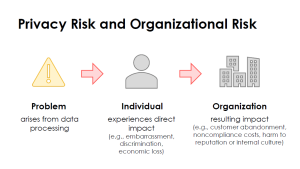
Data Anonymization Techniques
Privacy issues can be minimized by adopting the approaches. By erasing personal data from the data utilized to instruct AI models, developers may lessen the possibility of disclosing private information. Anonymization protects individuals’ identities while allowing AI models to learn and improve.
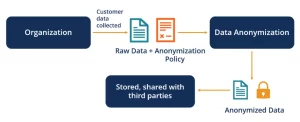
Privacy-Preserving Machine Learning Techniques
Implementing privacy-protecting machine learning approaches and information anonymity is necessary. Federated learning and differential privacy allow AI models to learn from a diverse range of data sources while safeguarding user privacy. These methods facilitate collaboration while securing sensitive data.
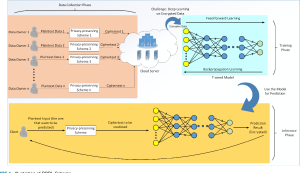
The Role of Transparency
Transparency should be considered when striving for a balance between AI innovation and guarding personal data. The data OpenAI used in their study has been made available to the AI community so they can collaborate with others to discuss recent progresses. In an open discussion, privacy issues are examined, and solutions are designed that prioritize the responsible usage of AI.

Regulation for Protection
The development of laws that guard personal information is extremely vital. To maximize the advantages of AI tools, government bodies and other watchdogs should partner up with AI professionals and engineers to create detailed guidelines. Regulations must safeguard individuals’ private data while also advancing the AI sector.

Striking the Balance
In summary, AI language models like ChatGPT represent great possibilities and breakthroughs. While development progresses, it is essential that artificial intelligence growth be carefully balanced to safeguard personal information. AI technology may be developed ethically by following privacy-preserving techniques, increasing transparency, and enforcing regulations. We must use the power of artificial intelligence prudently while researching it to prevent any potential negative consequences.
